-

Briefing: The Impact of the Climate Crisis on Reproductive Choice
Read MSI’s two-pager on the impact of the climate crisis on reproductive choice.
-
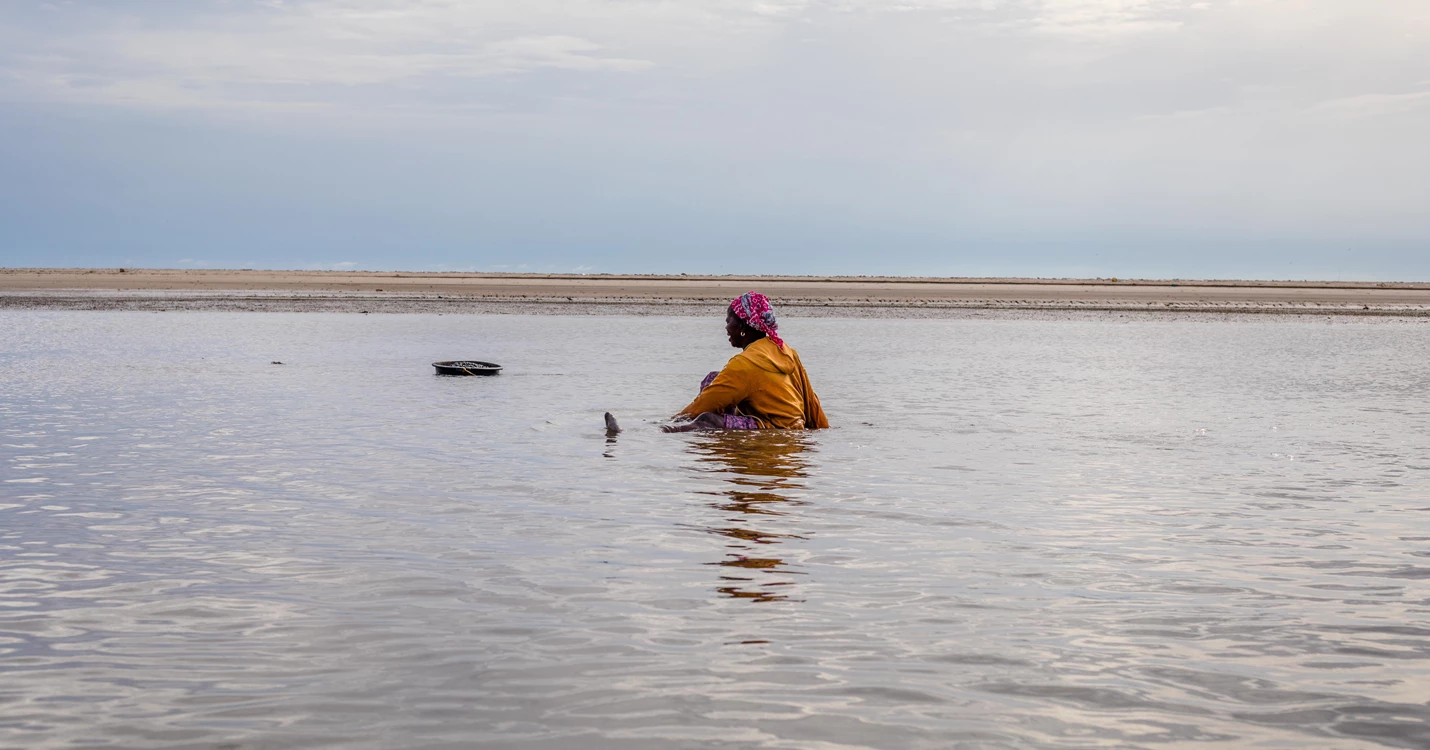
Methodology: the impact of the climate crisis on access to contraception
New analysis from the Evidence & Impact team at MSI Reproductive Choices has found that access to contraception is at risk of being disrupted for millions of women over the next decade, due to climate-related displacement. Read our technical note on the methodology behind the estimated impact.
-
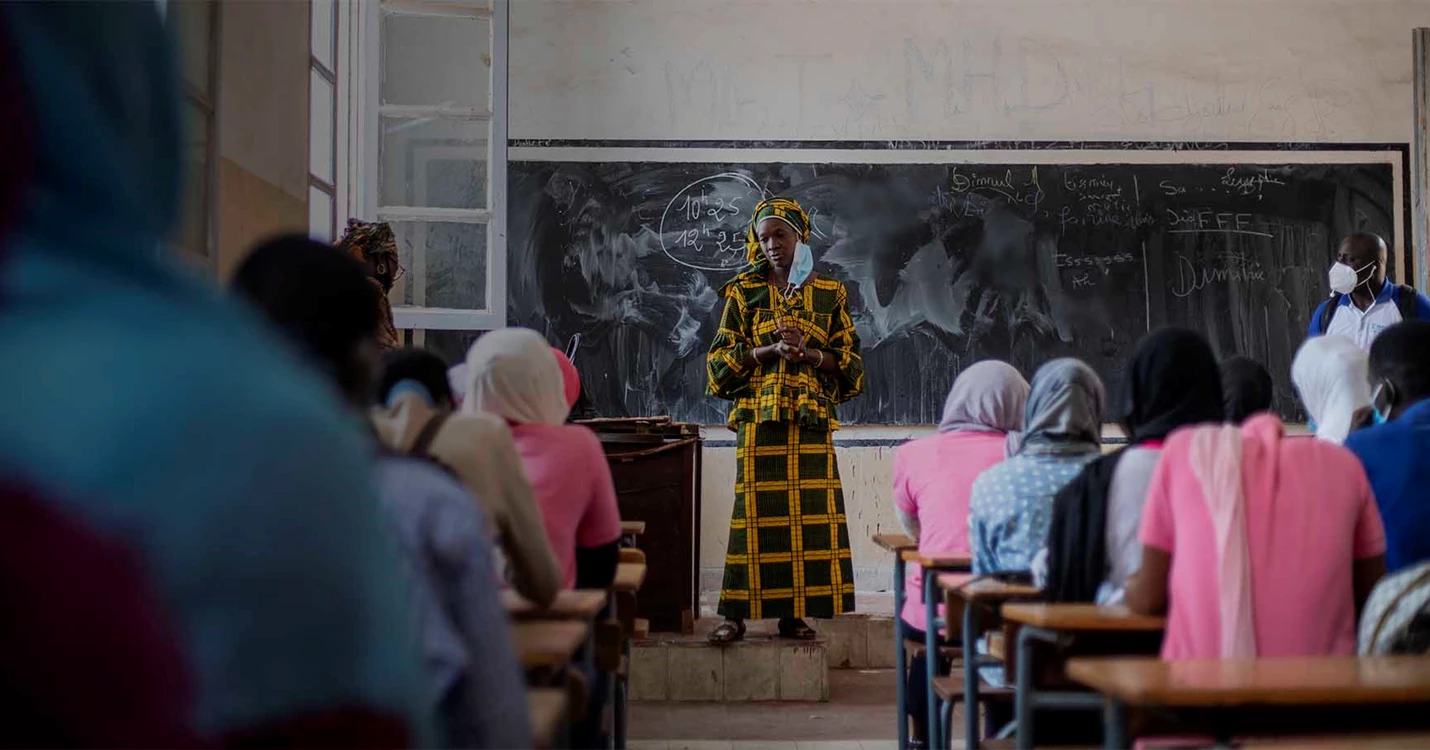
Briefing: The role of reproductive choice in girls’ access to education
New analysis from MSI shows that increasing adolescent access to reproductive choice could support up to four million more girls to stay in school every year and determine the path their life takes.
-

Report: Leaving no one behind in reproductive healthcare
Access to reproductive choice can be life changing, but for many, choice and the opportunities that it brings remain out of reach. Here’s how we can work together to leave no one behind.
-

Can universal health coverage eliminate unsafe abortion?
This commentary explores how universal coverage can support the elimination of unsafe abortion, as well as the limitations of UHC, including the removal of restrictive abortion laws and policies.
-
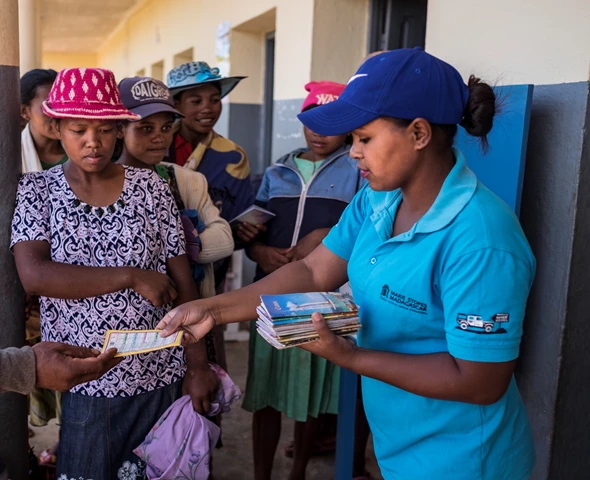
Briefing: Impact of the Global Gag Rule on Frontline Reproductive Healthcare
Evidence on how U.S. policy has affected policy, partnerships, provision and access across MSI’s programmes, including in Madagascar, Uganda and Nepal.
-
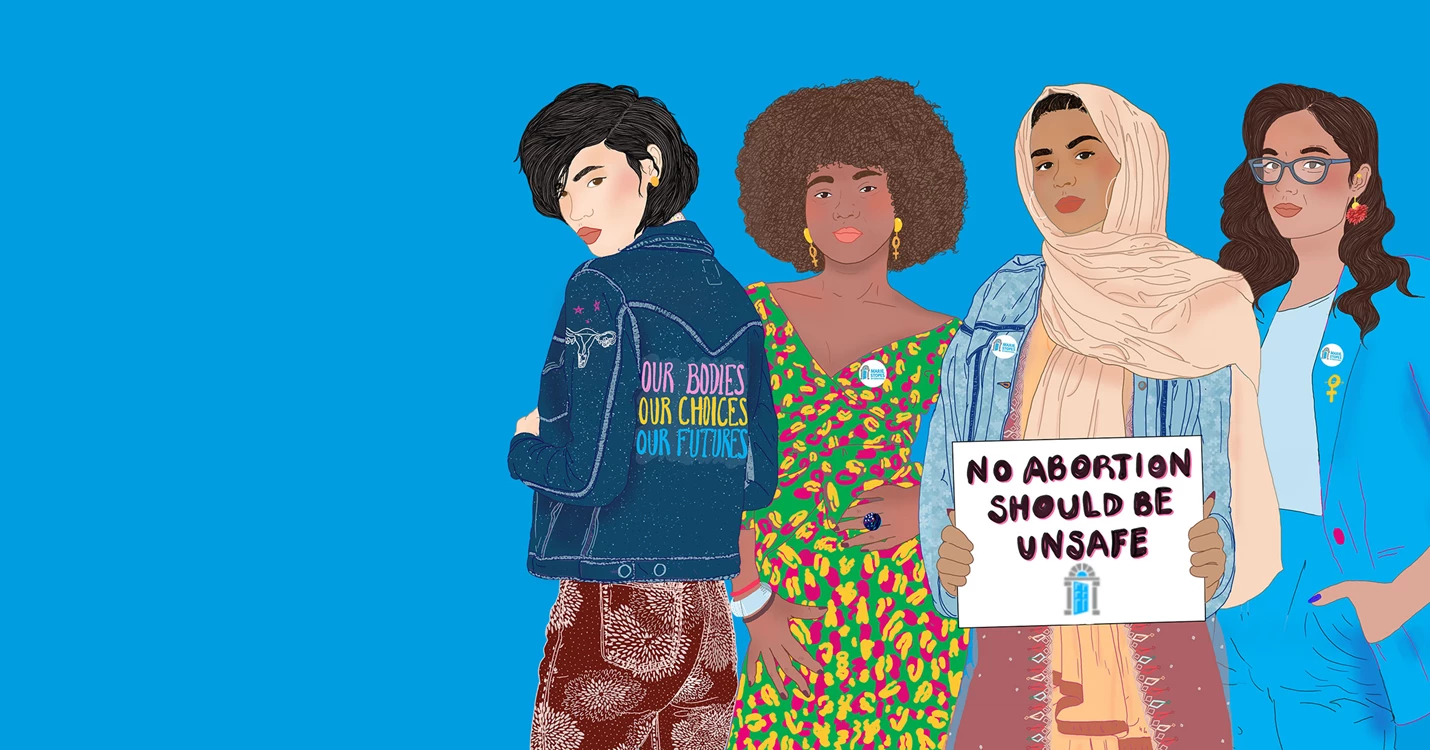
Evidence brief: Supporting self-management of MA from pharmacies
This MSI evidence brief summarises the recent learnings and practices that can help to create an enabling environment for the safe, supported self-management of medication abortion (MA) via pharmacies.
-
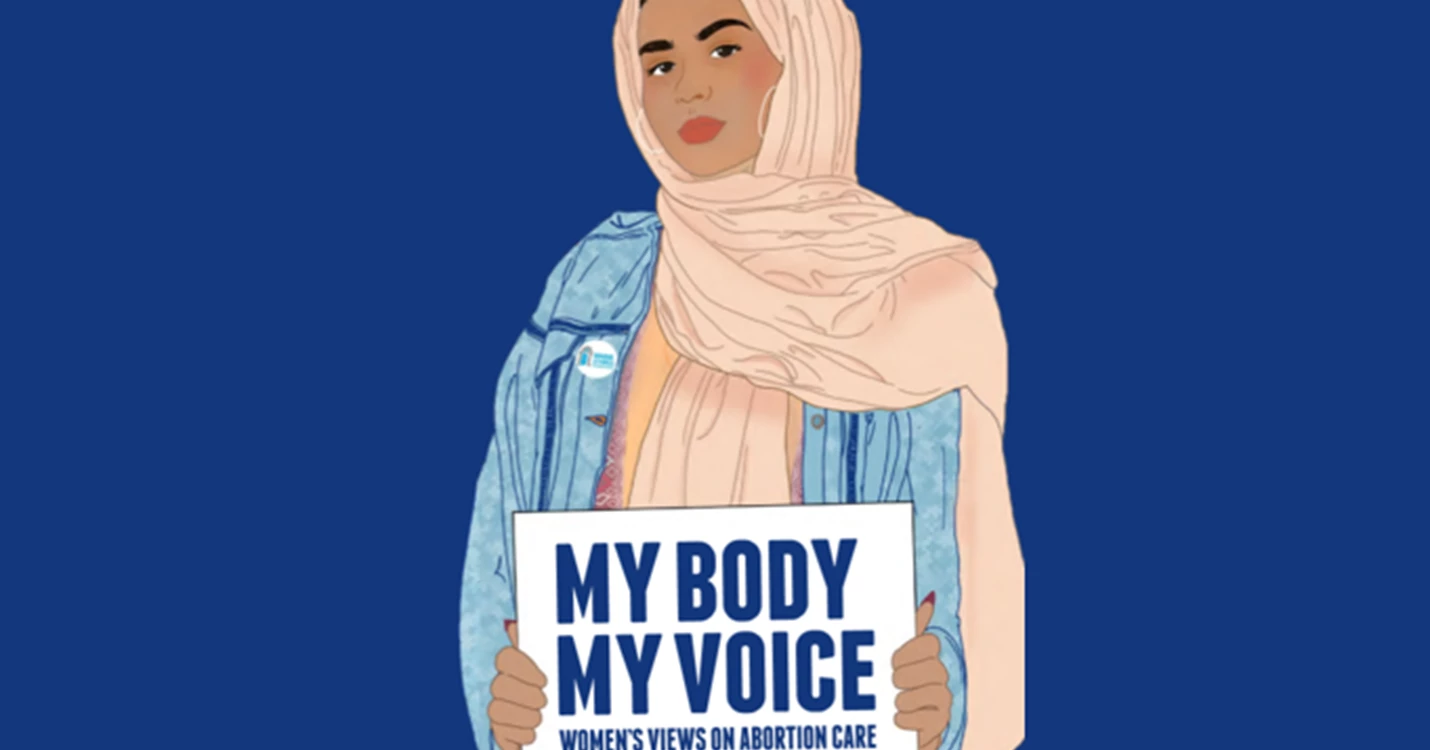
Report #2: My Body, My Voice: Women’s views on abortion care (2019-20)
Last year, we launched our first My Body, My Voice report to share their feedback and experiences, and this year, we are pleased to publish client insights from even more settings.
-

Resilience, adaptation and action: MSI’s response to COVID-19
As COVID-19 continues to devastate lives and communities across the world, MSI shares new data on the impact of access to Sexual and Reproductive Health and Rights.
-
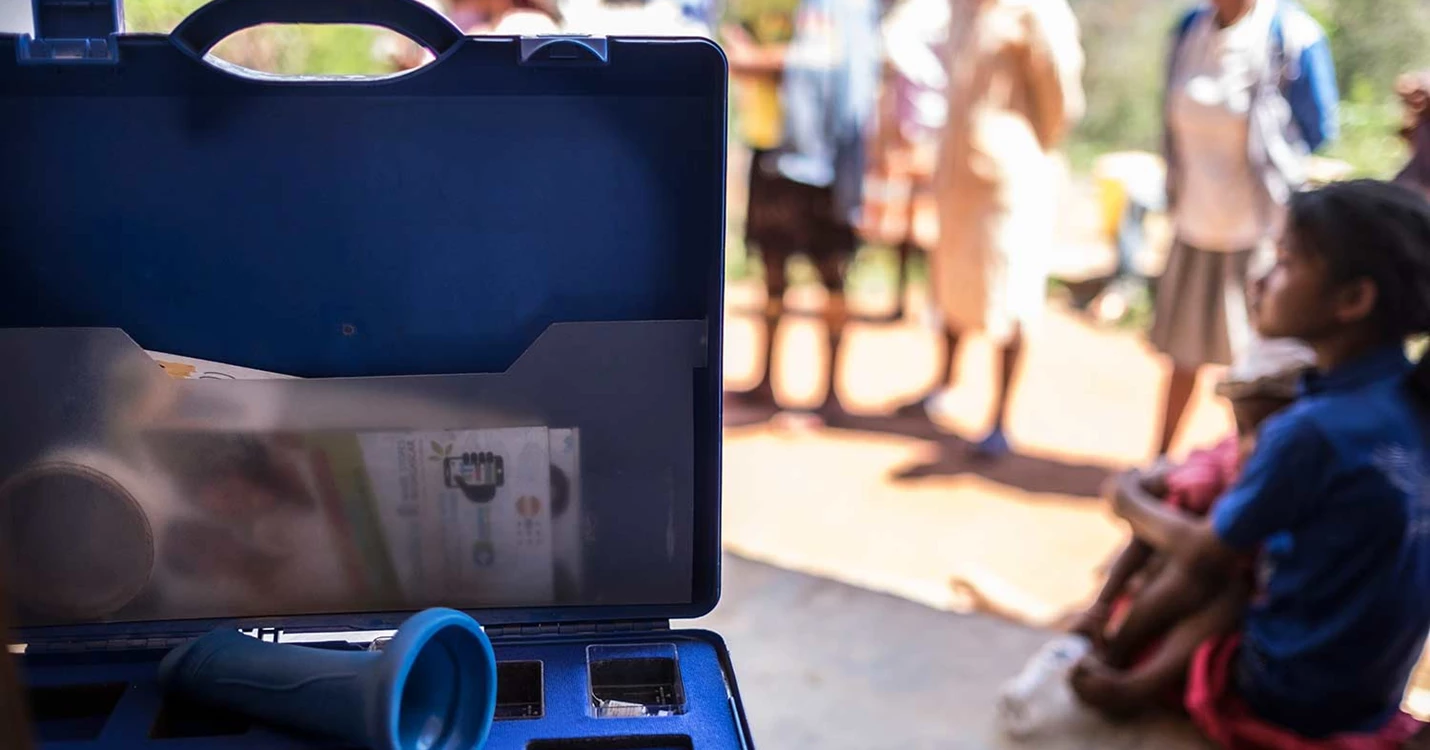
Methodology for calculating impact of COVID-19
By combining MSI’s 2020 Business Plan service projections and Impact 2 data, we estimated the annual impact these services would have delivered in 2020.





